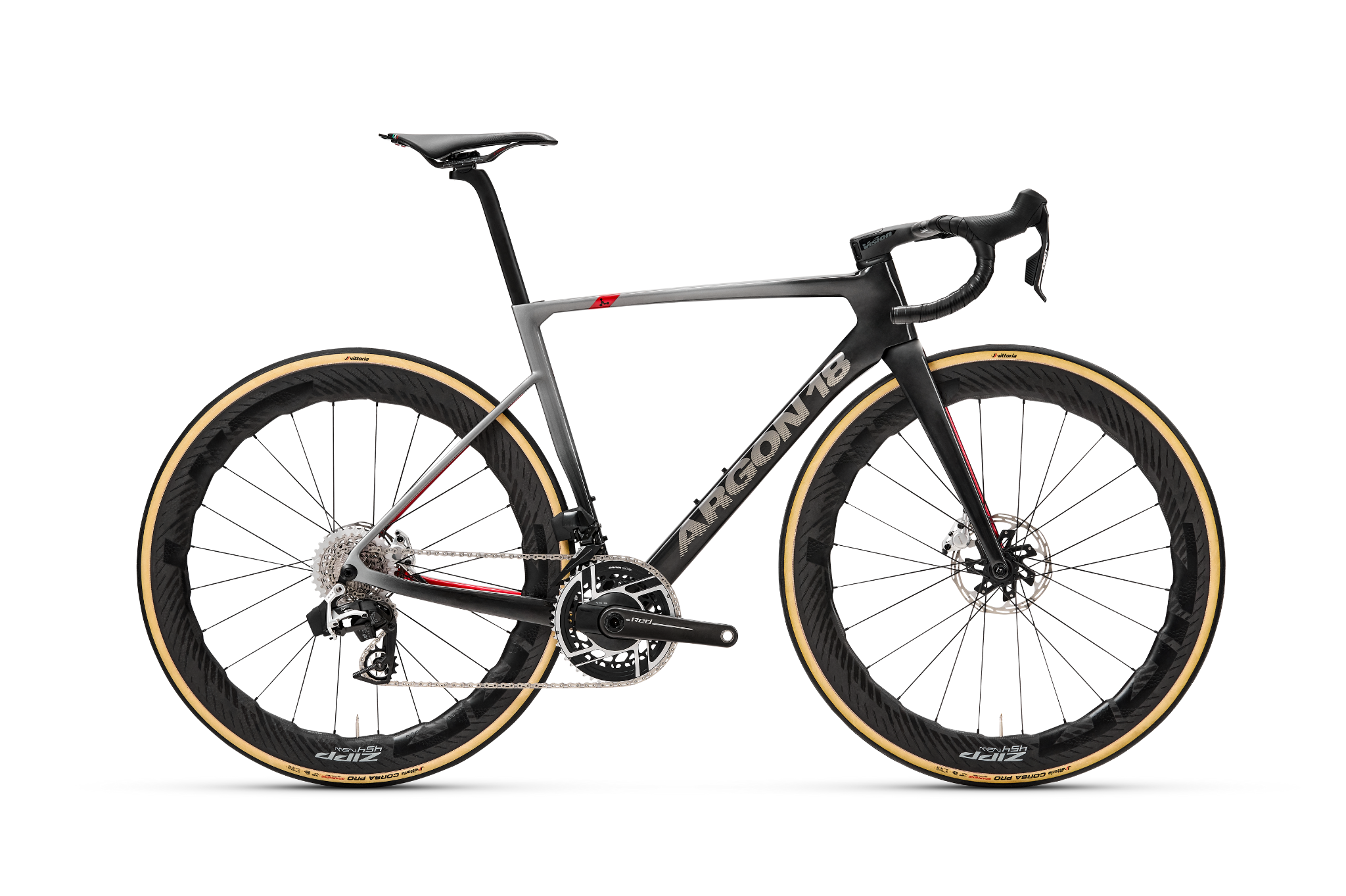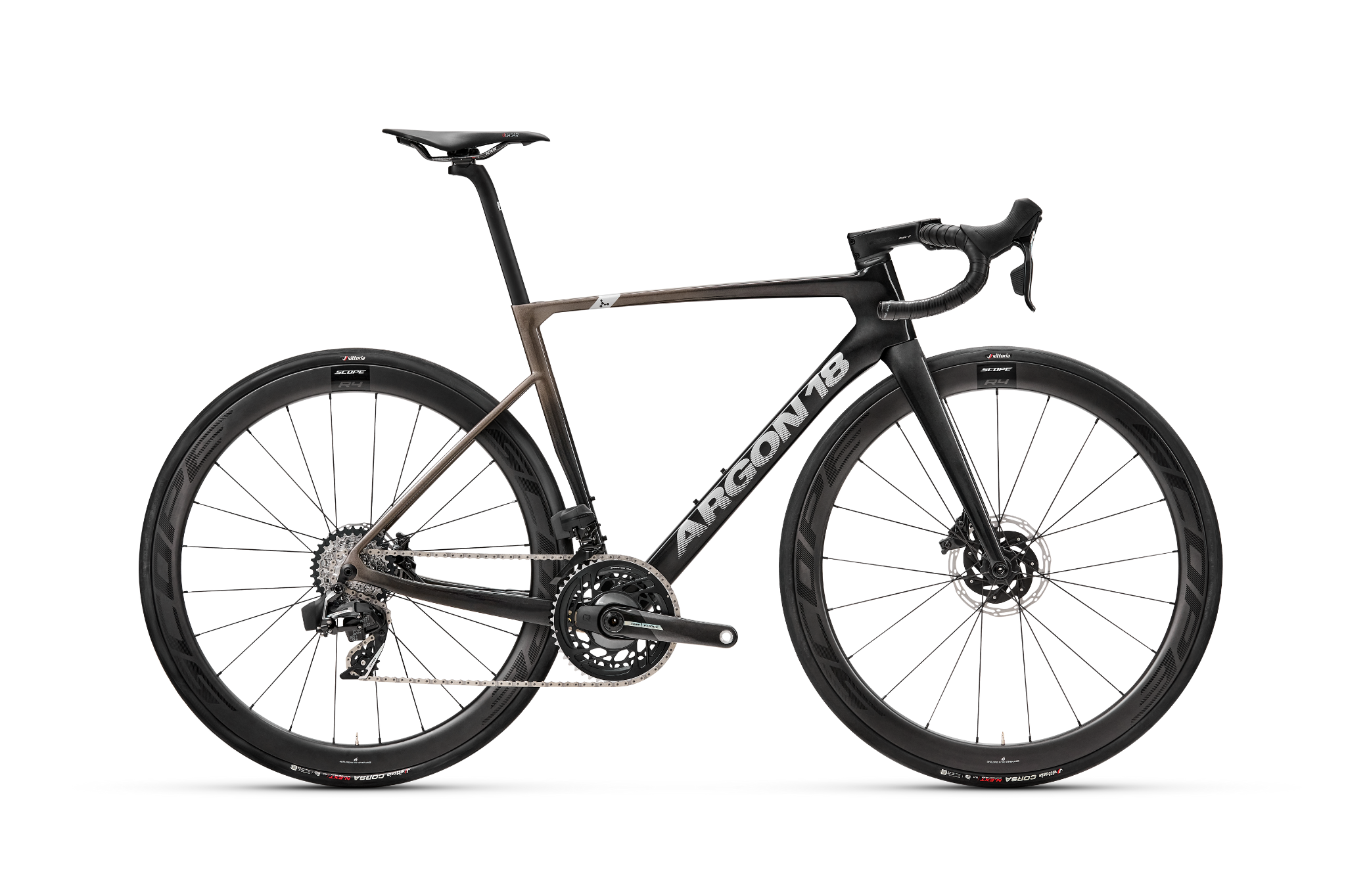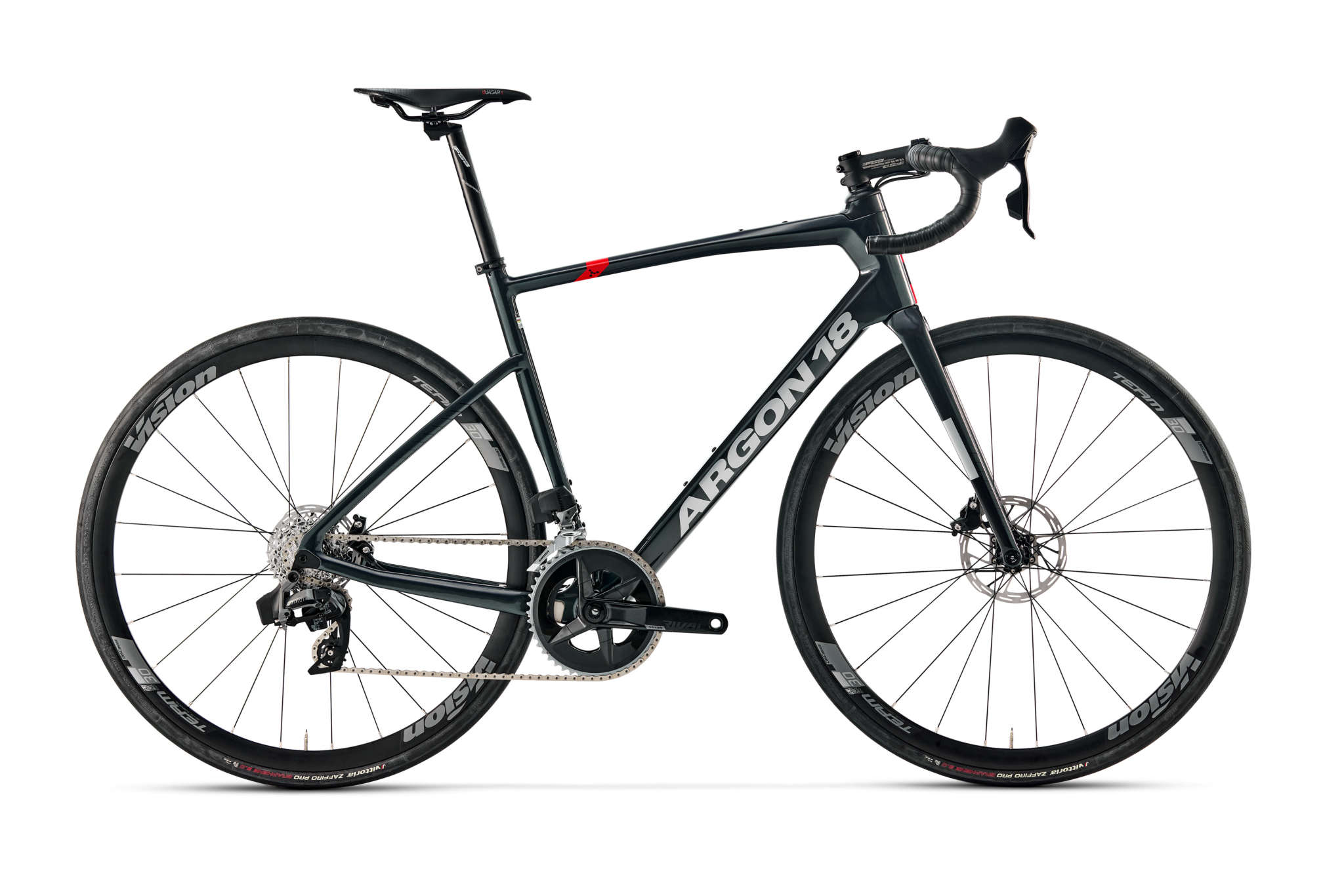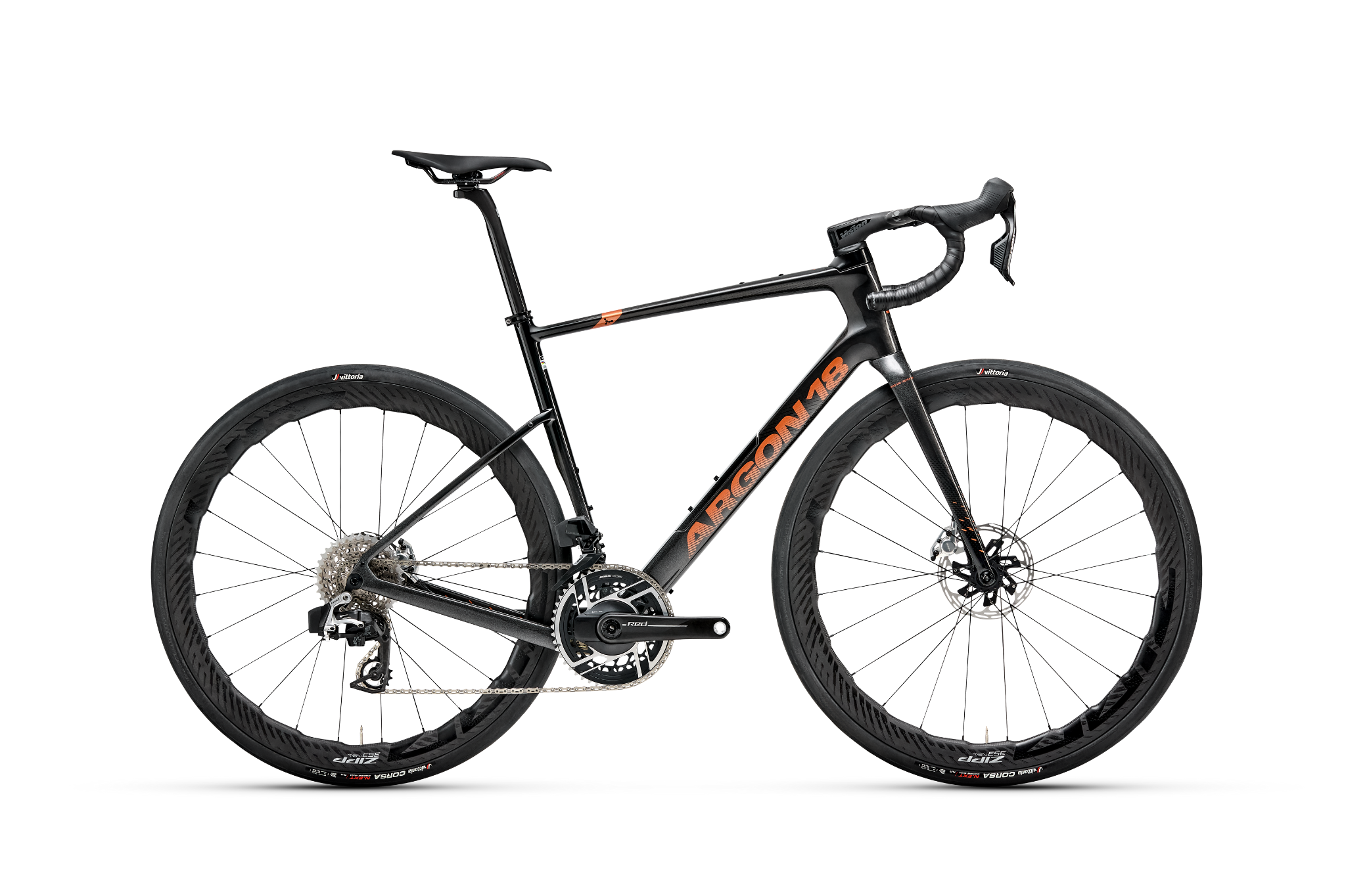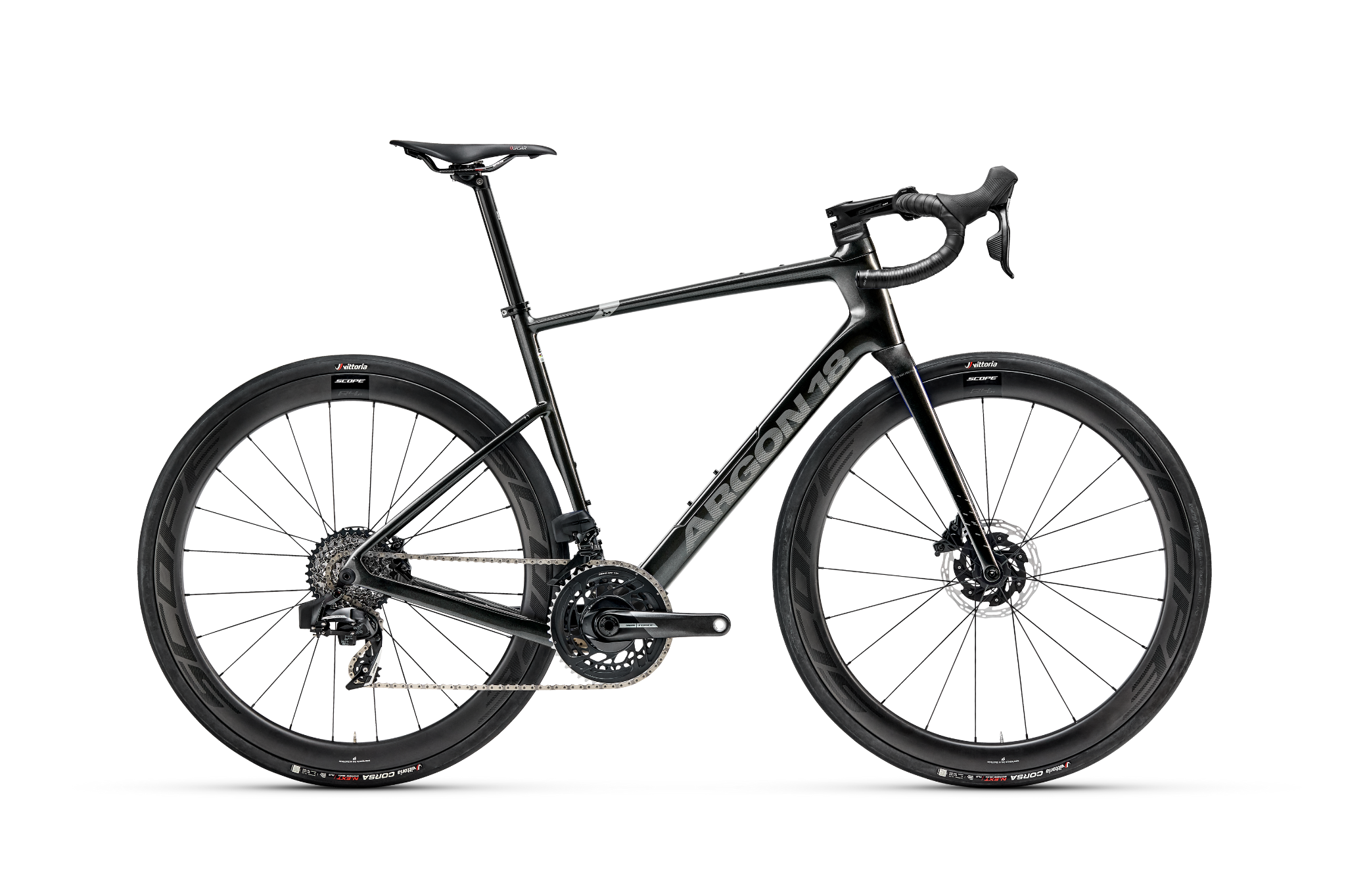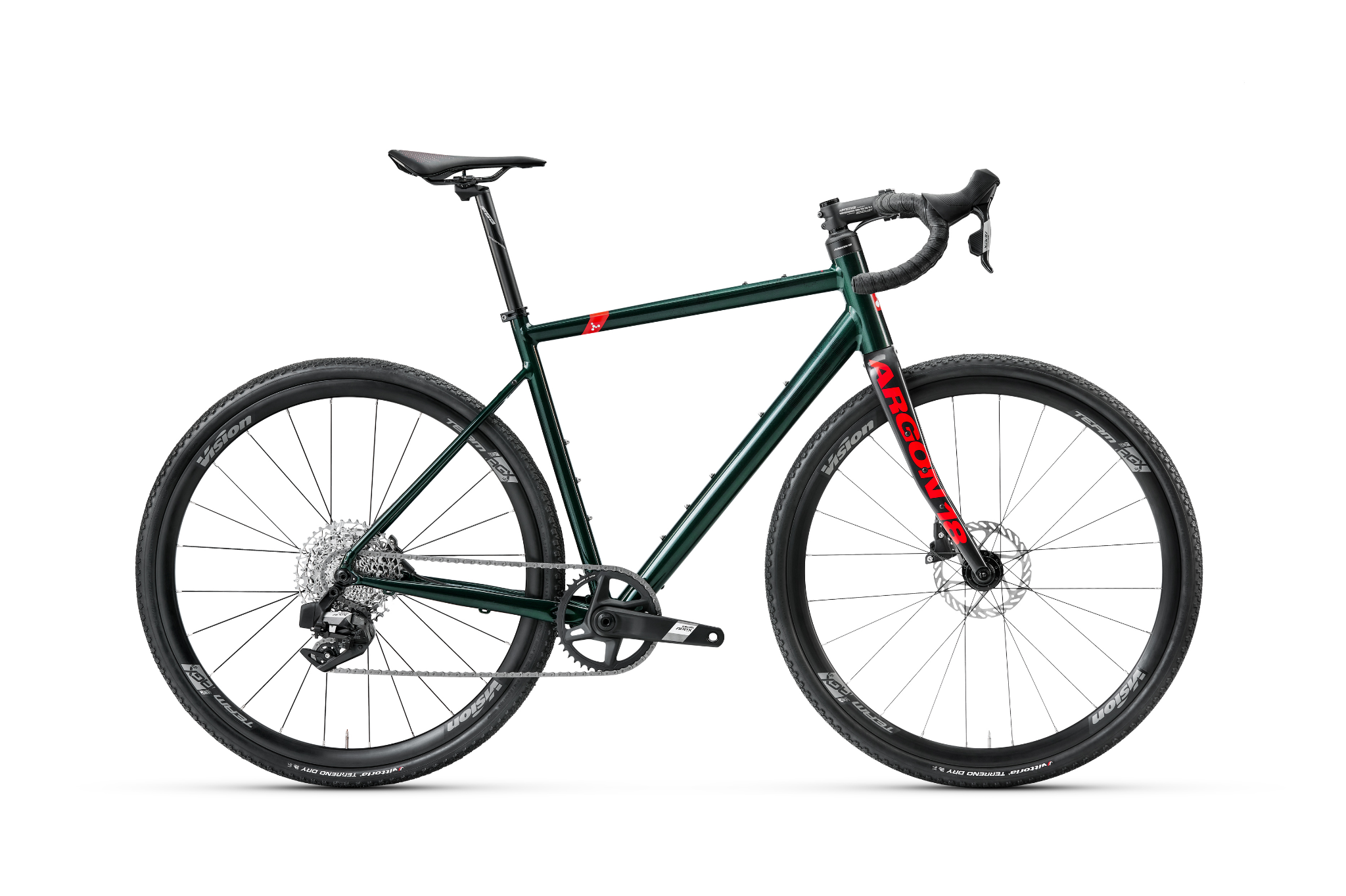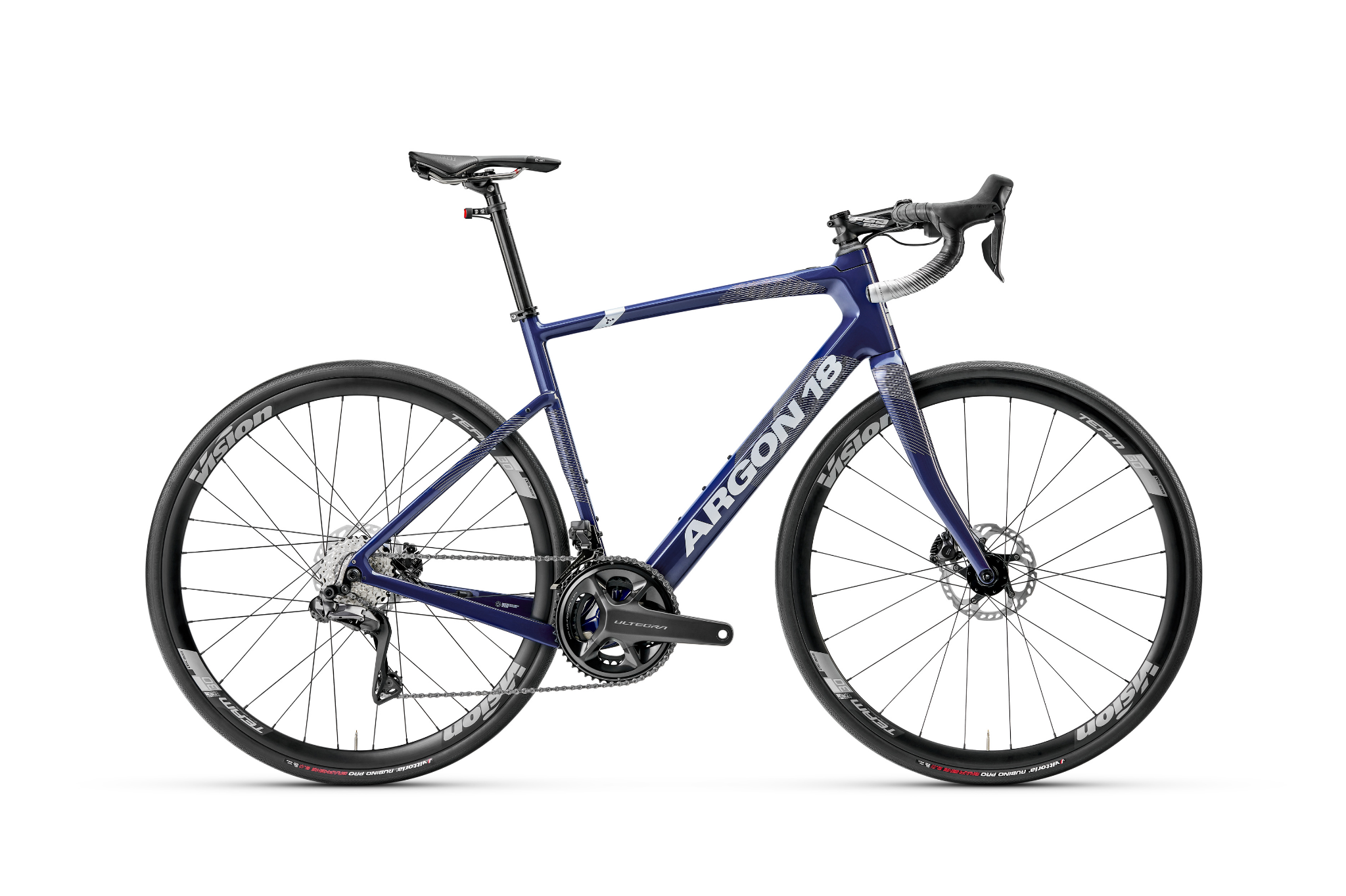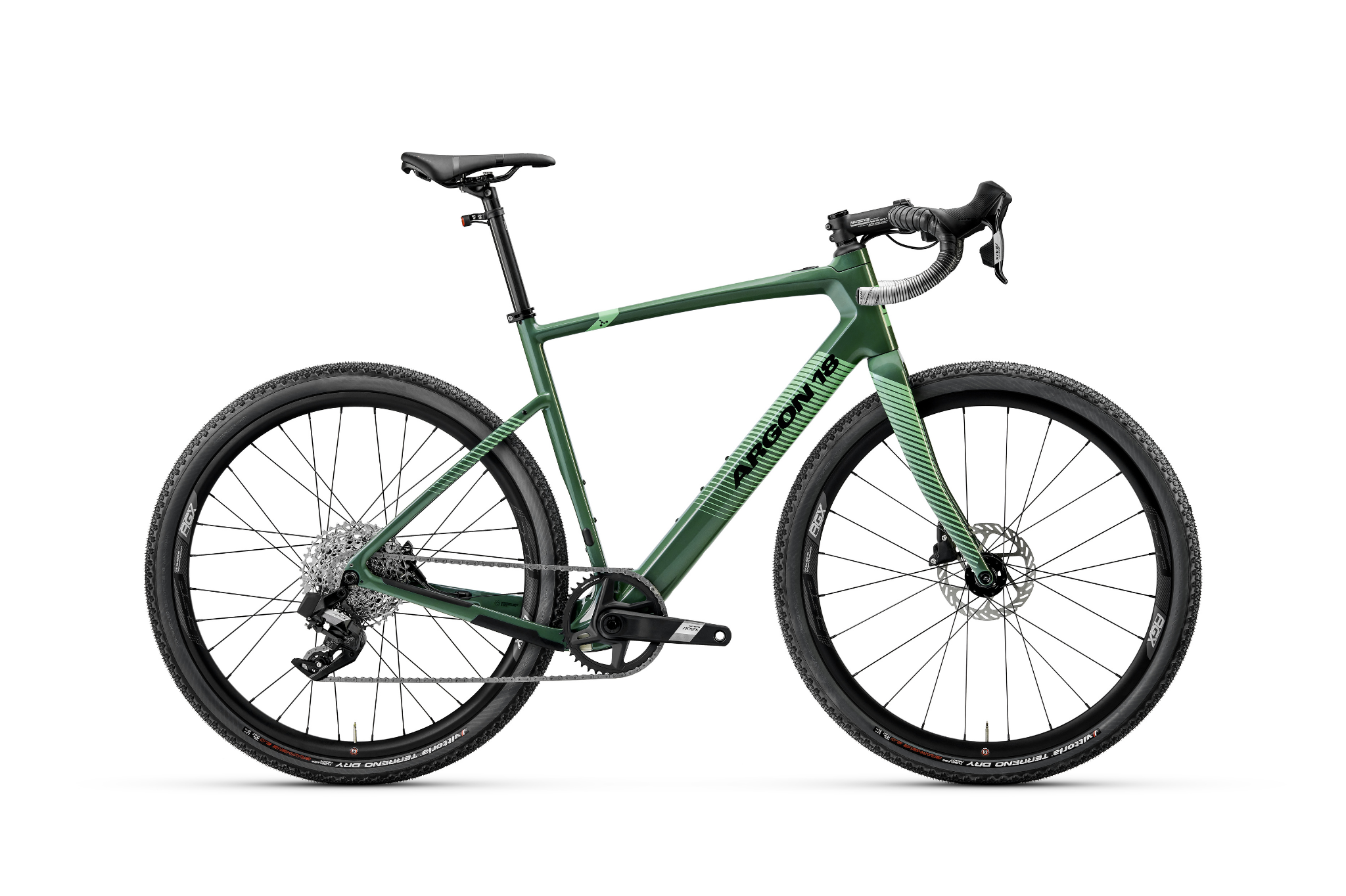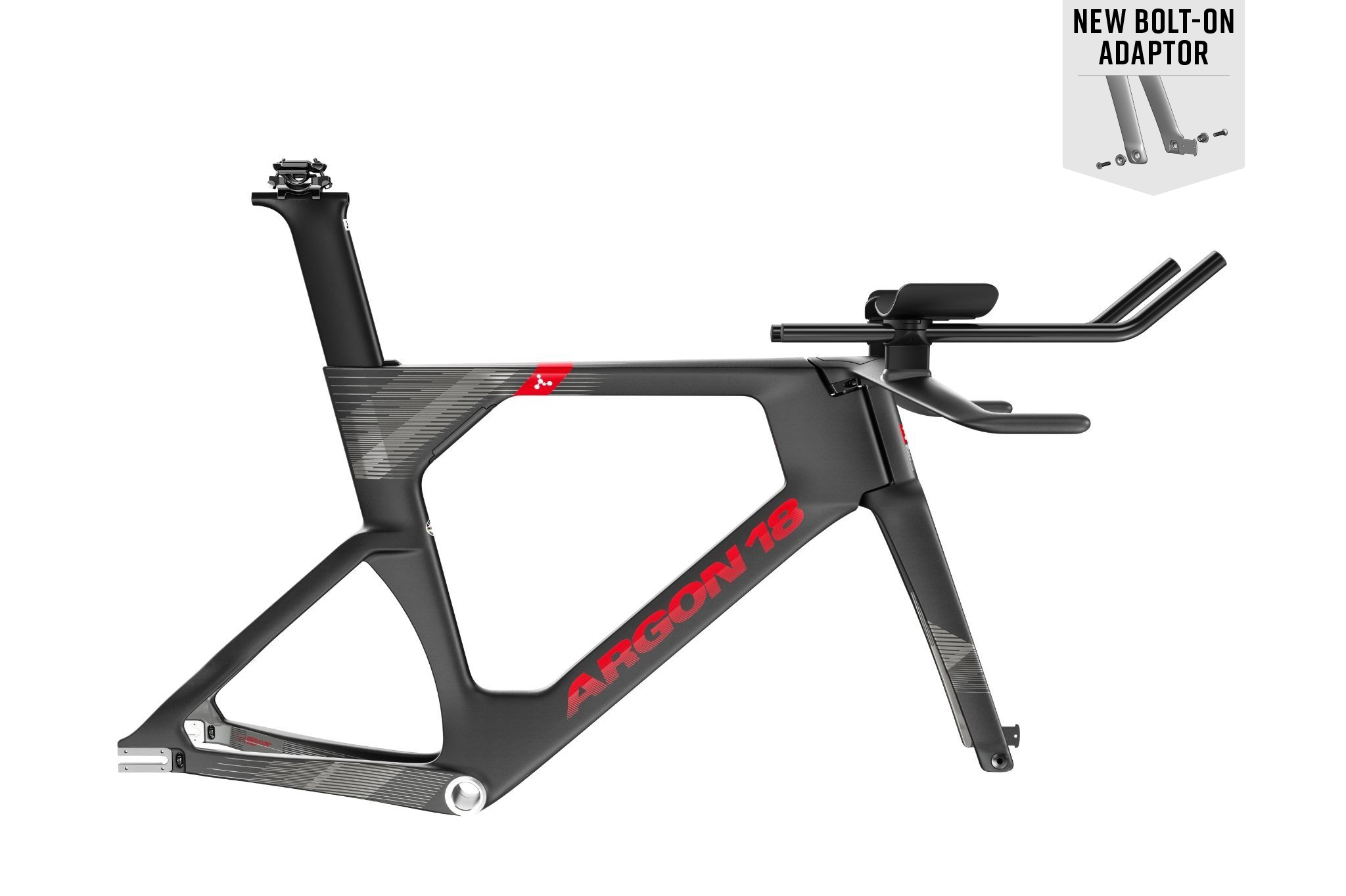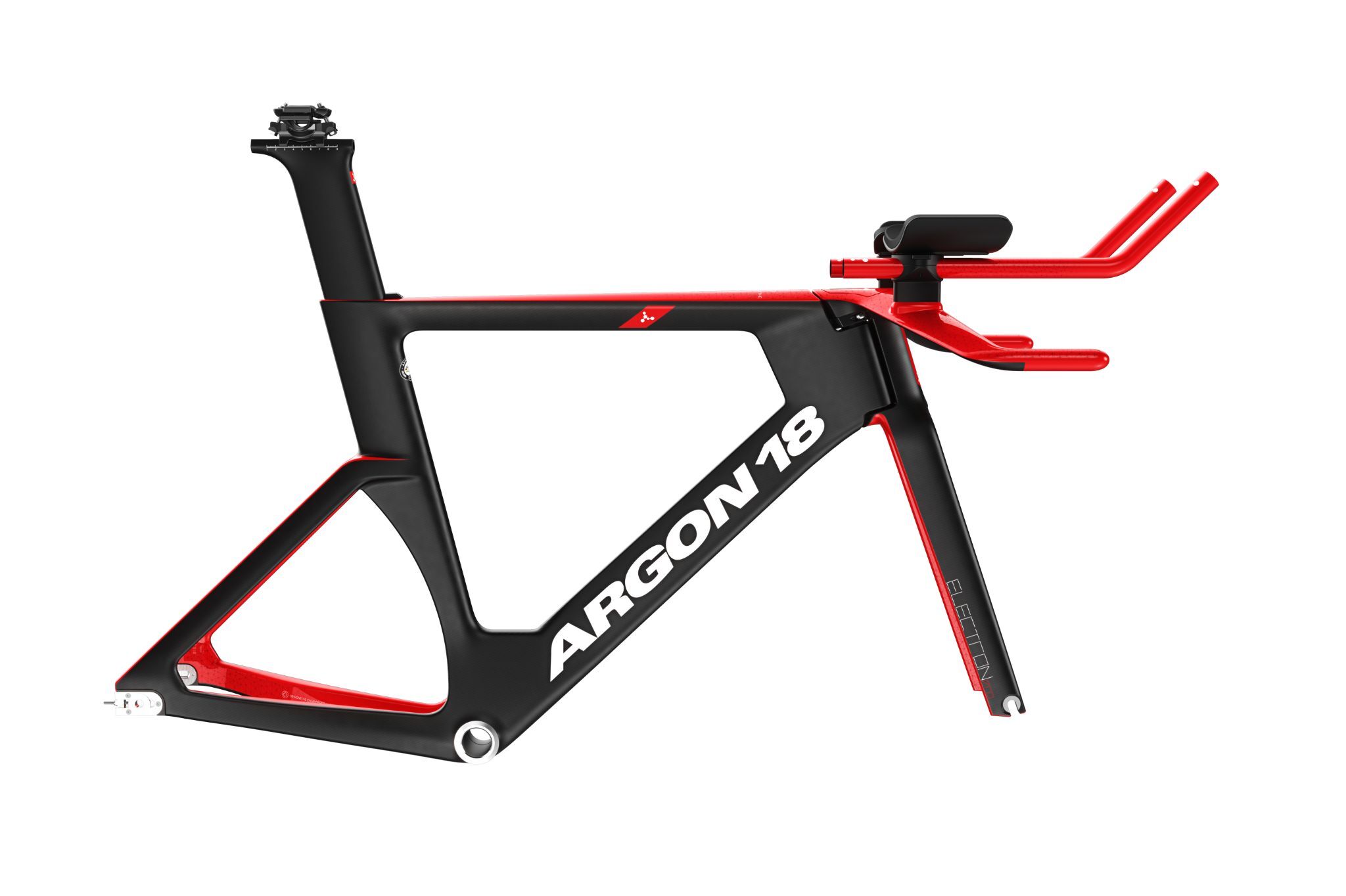Craig ‘Crowie’ Alexander on What Makes a Winner
Craig Alexander knows a thing or two about the Kona experience. Three-time Ironman World Champion and two-time Ironman 70.3 World Champion, in 2011 he held both the Half Ironman and Ironman World Championship titles in the same year. A sought-after coach, Craig still participates in 70.3 events, and of course attends the Ironman World Championships in Kona every year. We spoke with him about Kona winner predictions, the importance of thorough preparation, and the biggest changes in the sport over the years.
Argon 18 : You probably get asked by media every year to predict how the Ironman World Championships will play out – how do you do it?
Crowie : It’s always a hard question to answer. Long course athletes don’t race as frequently as short course ones so you can’t predict as easily in some ways – you simply don’t see then race as much. And there are always surprises. There are some athletes who are really training for that race, prepare perfectly and change the game on race day, and there are others who may be dealing with an injury that you may not know about. It’s a hard race to predict.
It’s also a race that really depends on conditions. Heat, wind, humidity – there are other races that have these elements, but you don’t often have a race that gives you all of them at once. The last few years have been really good, as far as weather goes, but you really never know. That’s also something that’s hard to predict.

Argon 18 : There’s so much training and preparation that goes into qualifying for Kona – not to mention winning. What are the most important things for athletes to consider?
Crowie : Awareness of the physiological element of training has really grown over the years. Back when I started doing Kona I would arrive there two or three weeks out to acclimate. I was told that was crazy, that it was too far in advance. No one did it; Kona was a ghost town then. That’s completely changed - you go there now two to three weeks out and it’s packed. Of course, you have to be careful not to overtrain in the heat, but athletes are much more aware of the physiological preparation, the acclimation that needs to happen. That preparation really affects race outcome.
But what I don’t see quite so much is the mental preparation that goes along with the physiological. You need to be mentally prepared for the changes you may see in your performance due to the challenging conditions. Some athletes may not be prepared to accept that in the heat they may not be as fast as the race where they qualified, for example, so they’ll see their splits and not know how to react.
You need that mental preparation to know how to react when your heart rate is different, your nutrition needs are different, and the field is different, because you’re racing with the best athletes in the world. You need that mental preparation to be able to adjust, remain focused, and not be thrown off.
Argon 18 : Your won your first Kona Championship in 2008 – what have you seen change the most over the years?
Crowie : It’s really night and day. Over the last ten years the science of training, nutrition and technology have improved hugely. If you look at the science of training, look at things like wearable tech which has greatly affected training parameters. We have access to so much more data about performance and training, and there’s a lot of smart athletes and coaches who know how to interpret that data and use it to get faster. Because that’s always the goal – getting faster, more efficient.
Nutrition strategies have changed greatly. There used to be a lot of trial and error with nutrition. We used to do hydration strategy on the fly – you’d weigh yourself before and after training and figure how much hydration you need. Now anyone one can get a sweat test and have their nutrition and hydration plan made for them. Innovation around nutrition is exploding: how to fuel the body better, how to absorb nutrients better, and the role of nutrition in recovery. That’s a huge step forward.
And of course the bike tech has improved immensely. Carbon and aero technology and knowledge have advanced significantly, and you now have the fully integrated bikes with room for nutrition and hydration. You can now actually carry what you need for 112 miles, which makes a big difference. So the practical things have improved – not just the numbers you see in wind tunnel tests, but the practical application of the tech advances that affect comfort and nutrition. I think tri has always been the place to test out the most forward-thinking bike tech, and you still see that happening.

Argon 18 : What are your top three tips for first-timers to Kona?
Crowie : Number one, preparation. Understand the elements, understand how they may affect you. Work on your endurance and strength of course, but work on visualization, your mental game. Think through how the course will feel, how it will look. Visualize yourself out there, how your body will respond to the course, how you will adjust and keep on track no matter what happens.
Second, be self-aware. This was one of the best pieces of advice that I was ever given. Listen to your body during heat acclimation and physiological adaptation. Understand what the heat will do to your heart rate, and don’t let the new numbers throw you off on race day. Your numbers will all be different, your nutrition will be different in the heat, and that’s ok. Also identify the things that help you prepare mentally – going down and checking out the swim start will give some people a huge boost of energy and give others an intense case of the nerves, for example. Being self-aware lets you know how to take care of yourself in the days leading up to the race.
And last, enjoy the experience. It’s a fun week – but also remember that you’re there to race. If you spend five hours each day walking around taking everything in, you’ll have a great time – but you may not be so fresh on race day! Know yourself, and know how to find the right balance.
Photos by: Paul K Robbins



